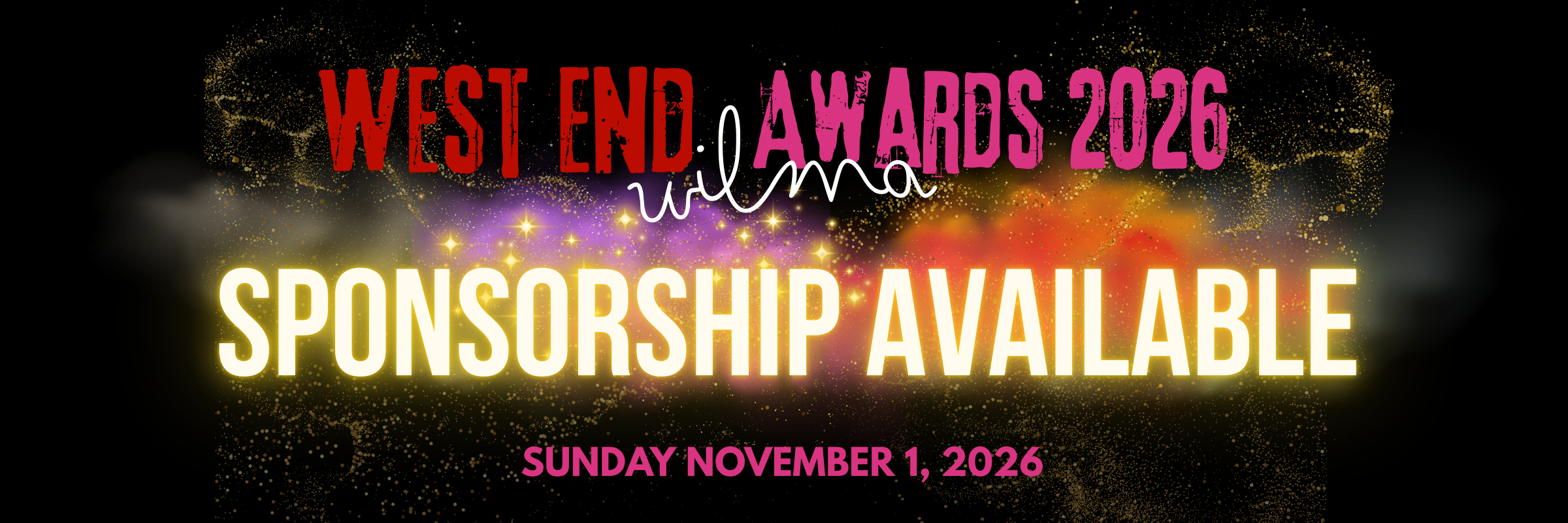
Writer and director Ross McGregor’s intriguing and original adaptation of Robert Louis Stevenson’s gothic horror story transplants the action from Victorian London to the 2020 US Presidential Election campaign but retains the original’s theme of duality and the darkness within all of us.
McGregor and the Arrows and Traps team have been working their way through the classics, with this adaption coming on the back of successful productions of Frankenstein and Dracula, also staged at the Jack Studio Theatre. In some ways, this is a more ambitious production, with the fundamentally different setting, changing the gender of many of the original characters and introducing a sexuality that is not obviously present in the source material.
In this version, Henry Jekyll (Will Pinchin) is the Mayor of a city in Indiana and is beginning his campaign for the 2020 Presidential election. He recruits freelance journalist Gabrielle Utterson (Lucy Ioannou) to be his press secretary but she is on the trail of a shadowy figure, Edward Hyde (Christopher Tester), who has beaten a young prostitute and is somehow connected to her new boss. Flashbacks to 2015 show that Hyde was once a mild-mannered history teacher, and secret lover of Jekyll. However, the 2019 version is something altogether different, a menacing presence who can terrify with just a look.
McGregor’s take on American politics is well observed and the template for Jekyll is clearly taken from Mayor Pete Buttigieg. Hot topics like gun control, abortion, and Black Lives Matter are all treated sensitively. The science involved may or may not be as realistic but to a layman it didn’t stretch credulity and therefore wasn’t a distraction. There are issues with a subplot involving Utterson’s disgraced father that does not really seem to fit as well but otherwise the relocation works effectively.
The performances are solid throughout but the real highlight is Christopher Tester for the dual roles of different Edward Hyde’s. He hits the right tone for the charming but less interesting teacher, but as the evil Hyde Tester steals every scene he is in. In particular, the monologue he delivers describing a violent murder is only a bottle of Chianti short going full Hannibal Lecter. We can add this to an increasing portfolio of villains that Tester has brought to the stage including Dracula, Frankenstein and a Nazi interrogator and it is clear he has a talent for using his slight but wiry frame and deep, silky voice to generate genuine terror. It is only a shame that this version of Hyde gets significantly less time on stage and the menace he brings is too often implied through the descriptions of other characters, with all his acts of violence taking place off stage.
As Jekyll, Pinchin does well to embody the guilt and grief of the character, and is believable as a politician seeking high office, even bringing to the life the current vogue for thumb pointing during speeches. Pinchin is also the best at picking a particular location for his American accent and sticking with it.
Utterson was originally the main storyteller so should be the focal point for the audience but in this version Ioannou plays a much less sympathetic character who is harder to connect with. Hard drinking, lonely and seemingly abused it is not clear that this character is any more morally good than Hyde. Her main relationship is with a prostitute, and her self-loathing is there for everyone to see. Ioannou is certainly talented enough to carry the weight of this character but the emotional angst she demonstrates sometimes clouds the main story rather than adding something of value. There is also good support from Gabrielle Nellis-Pain, as prostitute Imogen Poole, and Charlie Ryall as ill-fated scientist Hayley Lanyon.
Charlotte Cooke’s set works well with Anna Reddyhoff’s lighting design to create a modern and flexible space with large screens to symbolise the use of technology and to cover the inevitable physical transformation. There was a tendency to project an image of a character on to the screen with the actor playing the character stood behind it delivering their lines and that proved to be both distracting and slightly annoying, so was a strange choice.
The new setting still means the themes of duality and personal darkness can be explored successfully, and McGregor’s adaptation is an interesting and credible production to watch. Whilst it could have benefited from dialling up the terror by giving Tester more time as the evil Hyde this is clearly a more psychological treatment of the story and can certainly be enjoyed on that basis.
Reviewed by Kris Witherington
Photo: Davor Tovarlaza @The Ocular Creative
_____________________________________________________________
Buy tickets to West End theatre shows (some great discounted offers)
Subscribe to my mailing list for all the latest theatre news, special offers and competitions
FOLLOW WEST END WILMA


